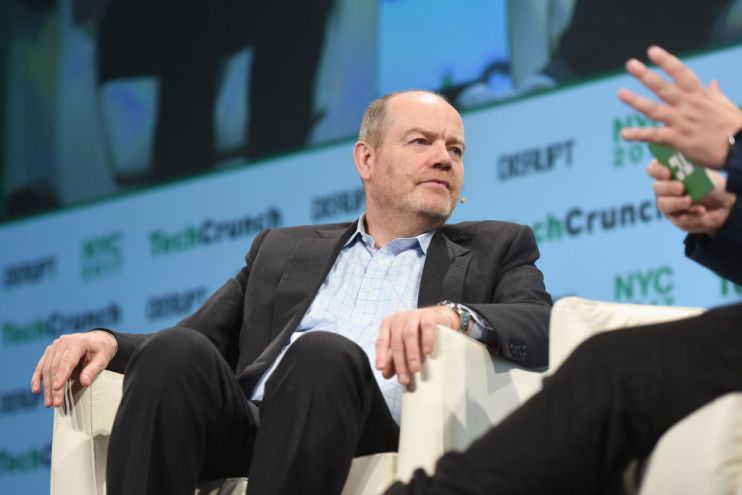Former BBC boss warns licence fee overhaul would ‘delegitimise’ service

The former director general of the BBC has warned that any move to overhaul the licence fee would “delegitimise” the broadcaster.
Mark Thompson, who left the BBC in 2012 to take over as chief executive of the New York Times, said proposals to decriminalise no-payment of the licence fee would have a “pretty negative” impact on the corporation.
“Once you decriminalise, you delegitimise a given service or a given tax because all the people who actually pay it can see other people who are still enjoying the service for nothing,” he told the BBC’s Andrew Marr this morning.
Thompson acknowledged that an open debate about the future of the BBC’s funding model was “entirely appropriate” in the face of a changing media landscape and shifts in viewing habits.
“But I worry that decriminalisation is a de facto beginning of the abolition of the licence fee, but without the courage to simply say that,” he added.
Prime Minister Boris Johnson has asked aides to launch a review into whether viewers should face prosecution for failing to pay the £154.50 licence fee.
However, the BBC has warned that such a move would lead to the loss of at least £200m in funding for programmes and services.
Tensions have also been mounting over the government’s decision not to send ministers onto the BBC’s flagship Today programme amid concerns about a perceived metropolitan bias.
But Thompson pointed to the role of the BBC in championing British talent abroad, and argued that the organisation could be an “ally” in the government’s agenda.
The Gray Lady chief executive also cast doubts on the viability of a subscription model similar to those used by streaming giants such as Netflix and Amazon.
He said: “It’s possible that a successful subscription company could be made, but it wouldn’t be the BBC, which is in the end a universal service paid for by everyone and used by everyone.”
Despite his scepticism about a funding revamp, however, the veteran media boss admitted that the BBC had to change radically to stem declining viewing figures among young people.
A damning report published by regulator Ofcom in October revealed the reach of the BBC’s TV channels among 15 to 24-year-olds has fallen below 50 per cent for the first time ever.
“The BBC has vast young audiences, but the balance of the BBC’s current services do appeal differentially to the middle aged and the old,” Thomspon said. “That is an editorial choice, and the big challenge for the BBC is to reposition.”
The public service broadcaster has pumped money into new ventures such as audio platform BBC Sounds and Britbox —its joint streaming service with ITV — in a bid to win back younger audiences, while last week director general Tony Hall unveiled plans to move two-thirds of BBC staff outside London by 2027.
But Thompson warned that changing viewing habits posed a risk to all legacy media organisations, not just the BBC.
“If we don’t radically change and start thinking about the audience of the future, the risk is we age out with a given generation of people and we all are beaten by Netflix,” he said.